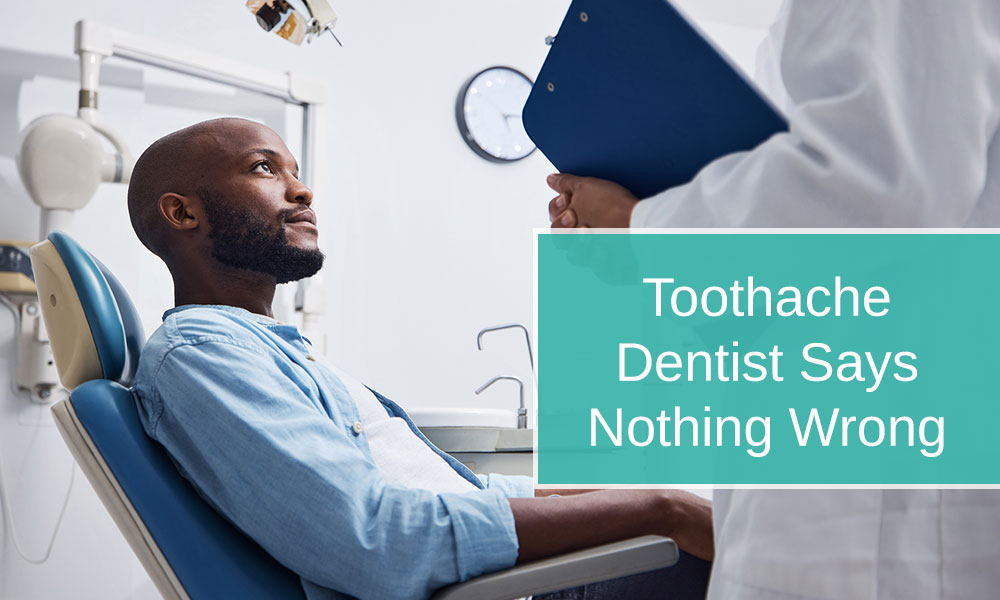Exploring Other Causes
Understanding the Complexities Behind Toothache Symptoms
Experiencing a toothache can be one of the most discomforting feelings, often leading us to scour the internet for solutions and resort to various home remedies. Commonly, we associate tooth pain with decay, gum infection, or wisdom tooth issues such as bumps after the wisdom teeth removal. However, not all toothaches have dental origins. Sometimes, a visit to the dentist yields a surprising result: nothing is wrong with the teeth. This scenario often leaves many puzzled, leading to questions about whether instances where your tooth hurts can be due to non-dental issues. Let’s delve into this intriguing topic.
The Phenomenon of Referred Pain in Toothaches
Table of Contents:
- Referred Pain
- Causes
- Sinus Infections
- Trigeminal Neuralgia
- Ear Infections
- Temporomandibular Joint Disorders (TMD)
- Headaches
- Summary
Referred Pain
Referred pain occurs when we feel discomfort in the teeth or mouth, but the actual source is elsewhere. This type of pain can be misleading, leading us to believe we have a toothache when the real cause lies in another part of the body. Understanding the exact cause of pain is crucial, as sometimes these pains can be indicators of serious health issues.
Causes of Referred Tooth Pain
Several conditions can cause referred pain in the teeth region, including sinus infections, Trigeminal Neuralgia, ear infections, and Temporomandibular Joint disorders. In some cases, jaw pain may even be a symptom of a heart attack. When visiting a dentist for tooth pain, they will investigate dental and gum-related issues. If the pain isn’t related to dental issues, they may refer you to a general physician or other medical professionals.
Sinus Infections
Sinus infections or conditions leading to sinus congestion can cause pain in the upper jaw teeth, as the upper jaw is close to the sinuses. In some cases of sinusitis, upper jaw teeth pain is a symptom. Over-the-counter nasal decongestants may alleviate mild congestion and reduce teeth pain, but severe cases may require a visit to an ENT specialist.
Trigeminal Neuralgia
This painful nerve condition can sometimes be mistaken for a toothache. The Trigeminal nerve, responsible for facial sensation and chewing functions, can trigger toothache-like pain when affected. Patients often visit a dentist thinking they have a dental abscess, only to find the pain persists even after dental treatment.
Ear Infections
In some individuals, an infected ear can cause toothache-like symptoms. Conversely, pain in a back tooth (molar) may appear as an earache, leading to an ENT consultation.
Temporomandibular Joint Disorders (TMD)
TMDs, involving the temporomandibular joint, facial muscles, and ligaments, can mimic tooth pain. These disorders may arise due to trauma, infection, or inflammation. Despite dental treatment, the pain associated with TMD does not subside, requiring further diagnosis.
Headaches
Headaches are frequently reported after wisdom teeth removal, often stemming from the complex sensory connections in the facial and oral areas. The extraction process, involving manipulation of surrounding tissues and the jaw, can trigger pain signals that extend to the head. While this post-extraction headache is typically temporary, maintaining proper postoperative care and taking prescribed pain management measures can help minimize discomfort and contribute to a smoother recovery.
Holes in Teeth not caused by Cavities
Also, if you are seeing holes in teeth that are not a result of cavities. There are many various factors that could lead to holes in teeth.
Summary
Toothache is sometimes a form of referred pain originating from other parts of the body. While visiting a dental office can clarify many doubts, some cases may require further medical intervention. Conditions like sinus infections, Trigeminal Neuralgia, ear infections, and TMDs can manifest as toothaches. Understanding these potential sources can lead to more accurate diagnoses and appropriate treatments.
Citations:
- Renton, Tara. “Tooth-Related Pain or Not?.” Headache vol. 60,1 (2020): 235-246. doi:10.1111/head.13689

